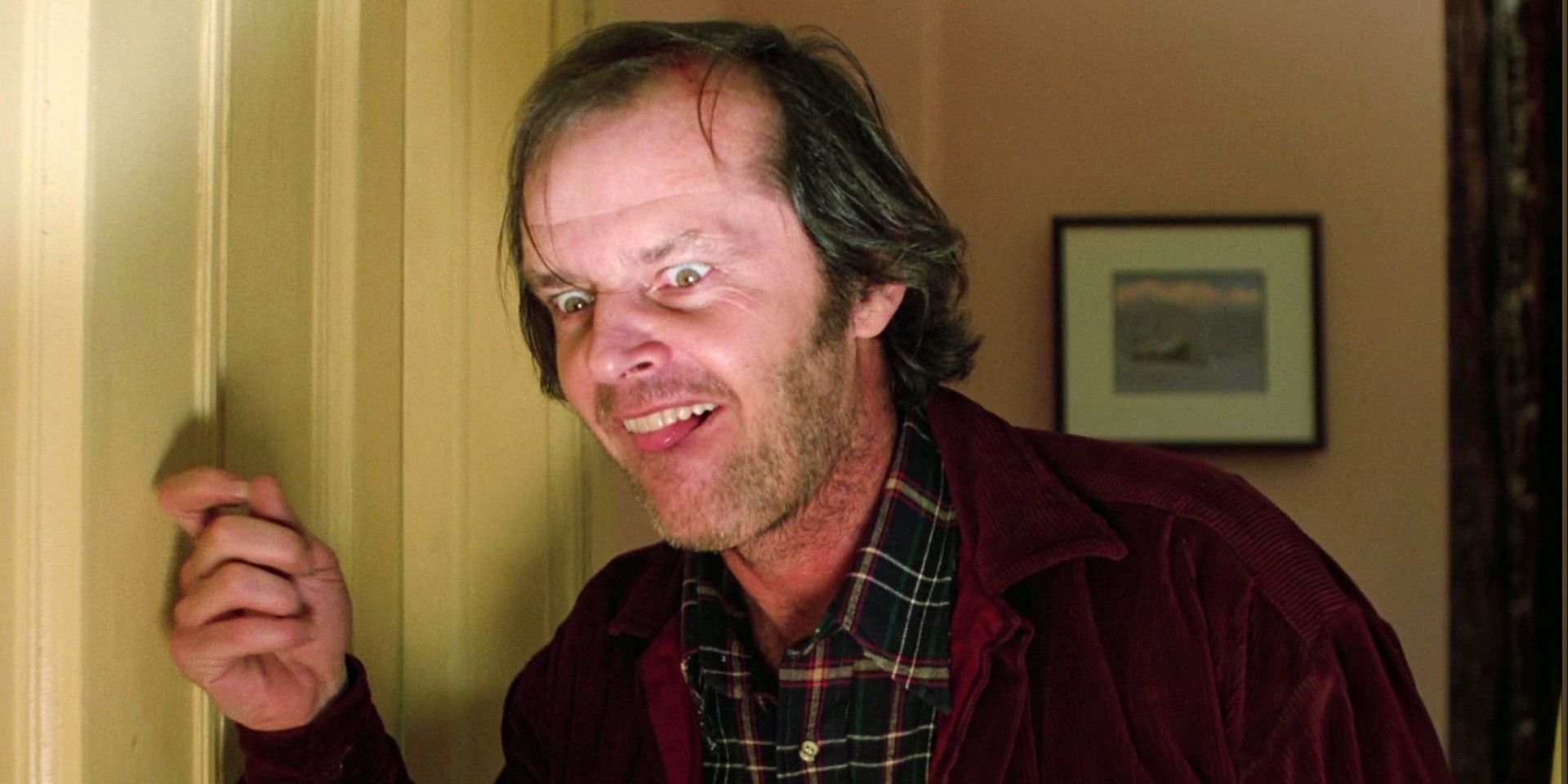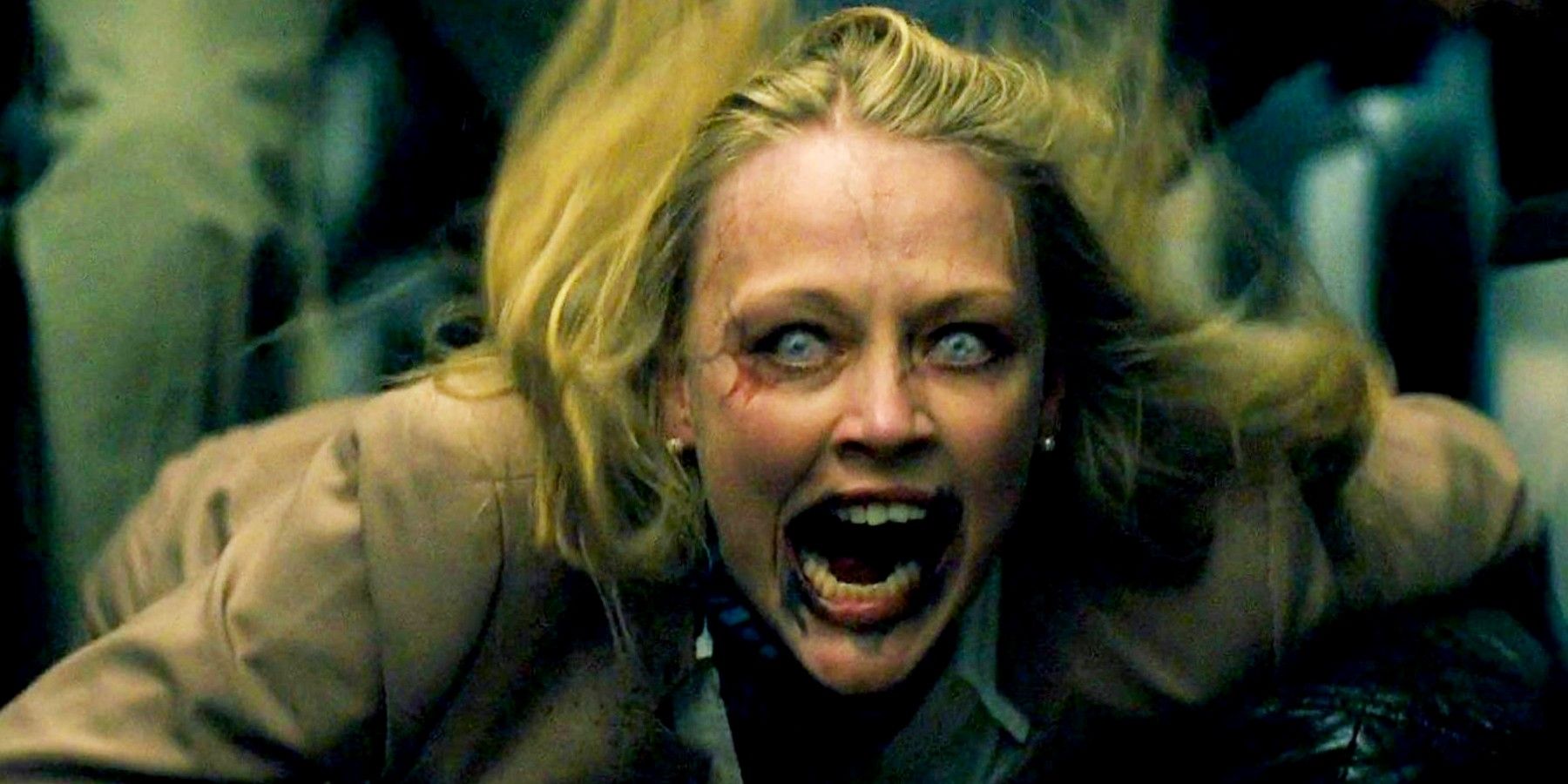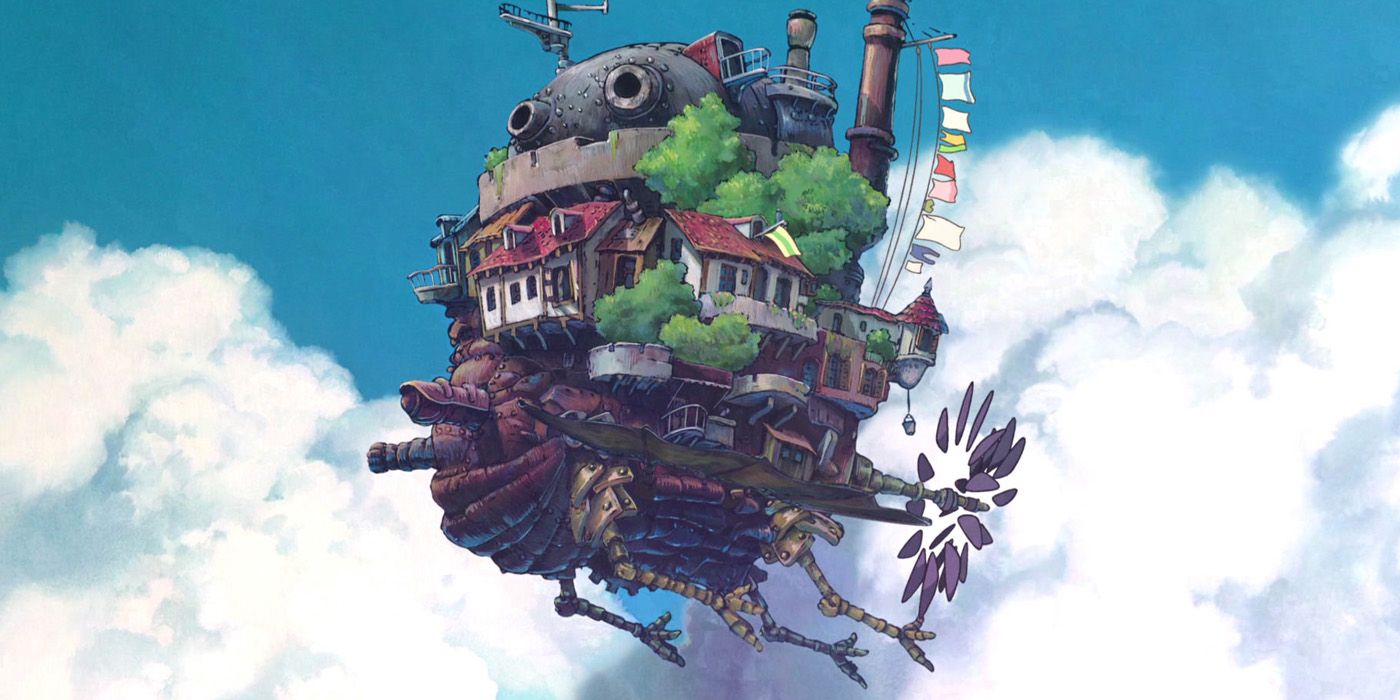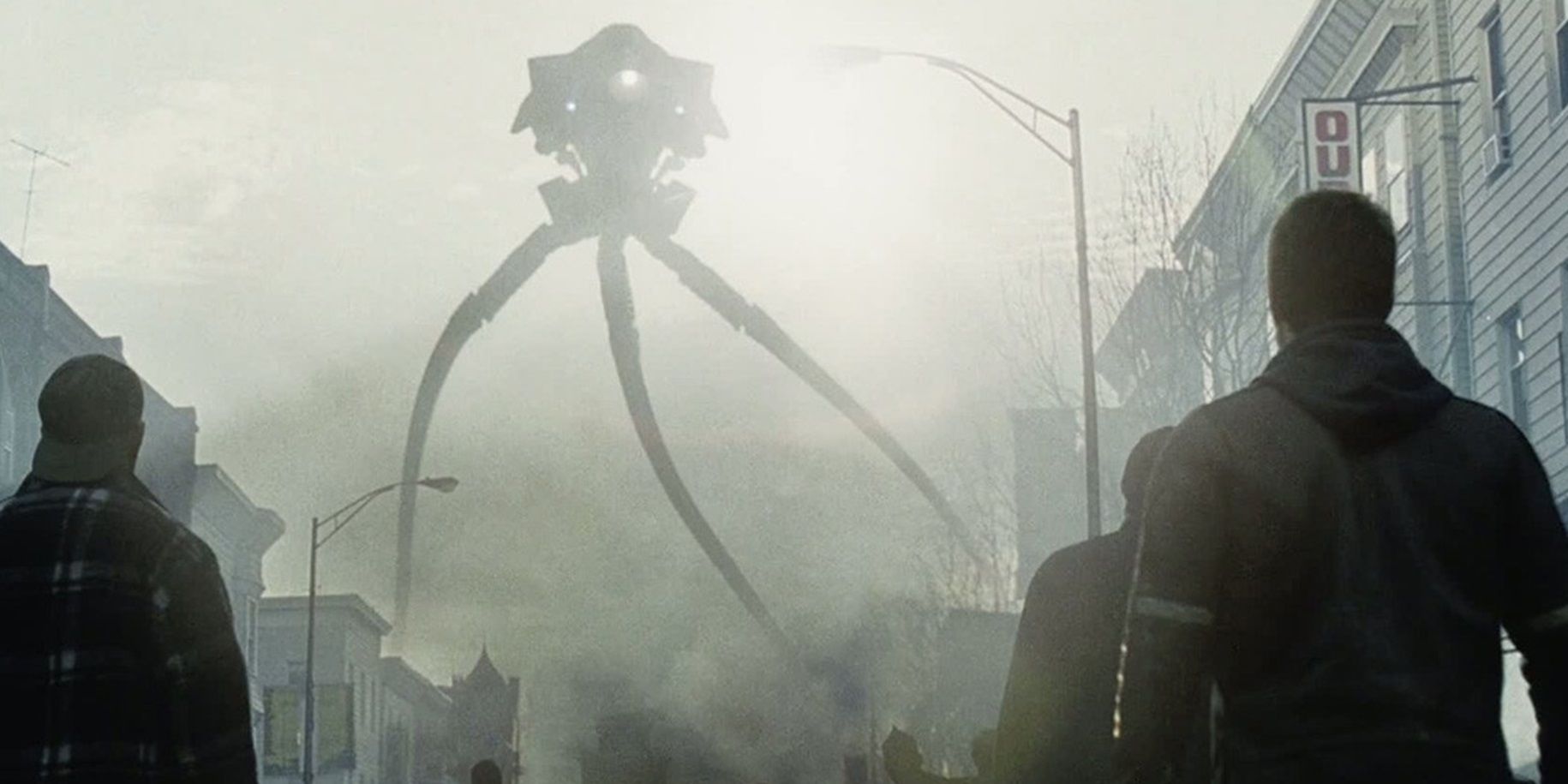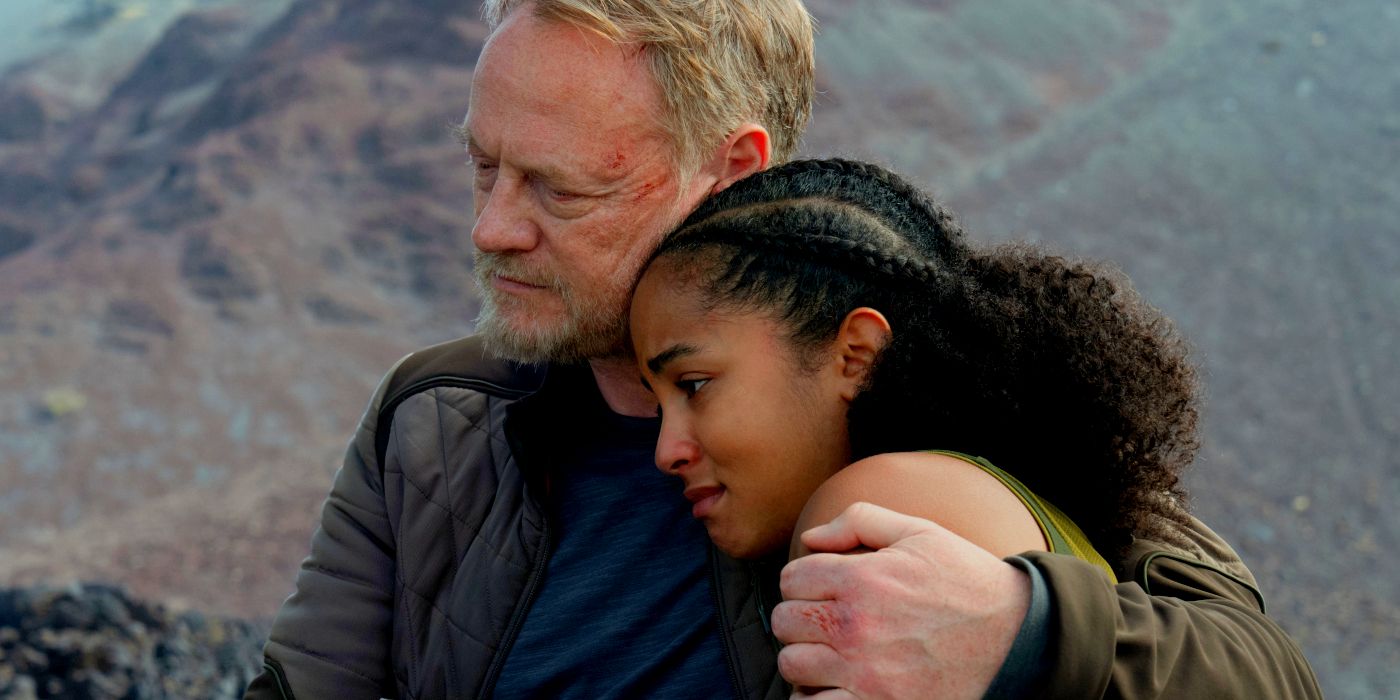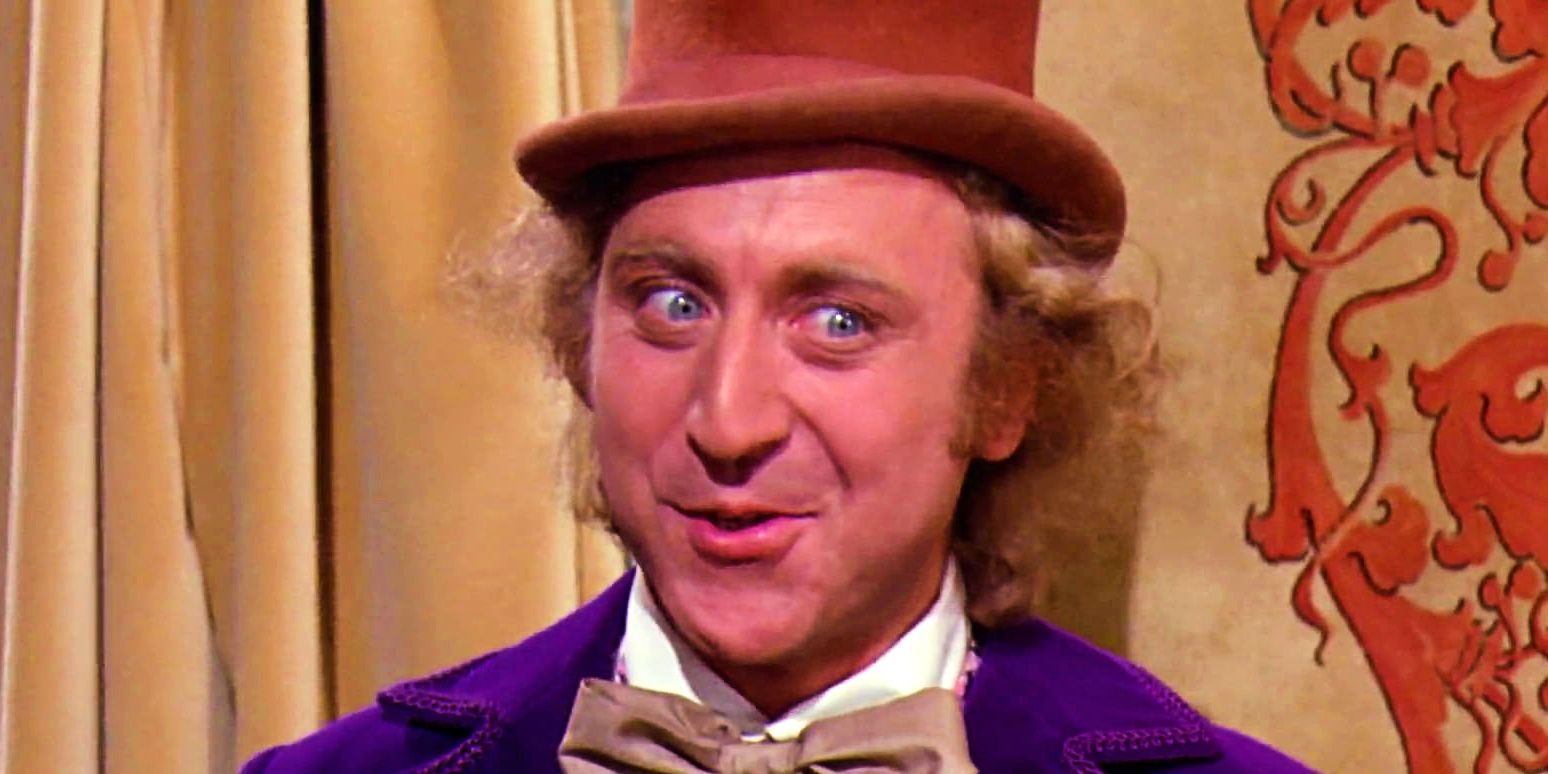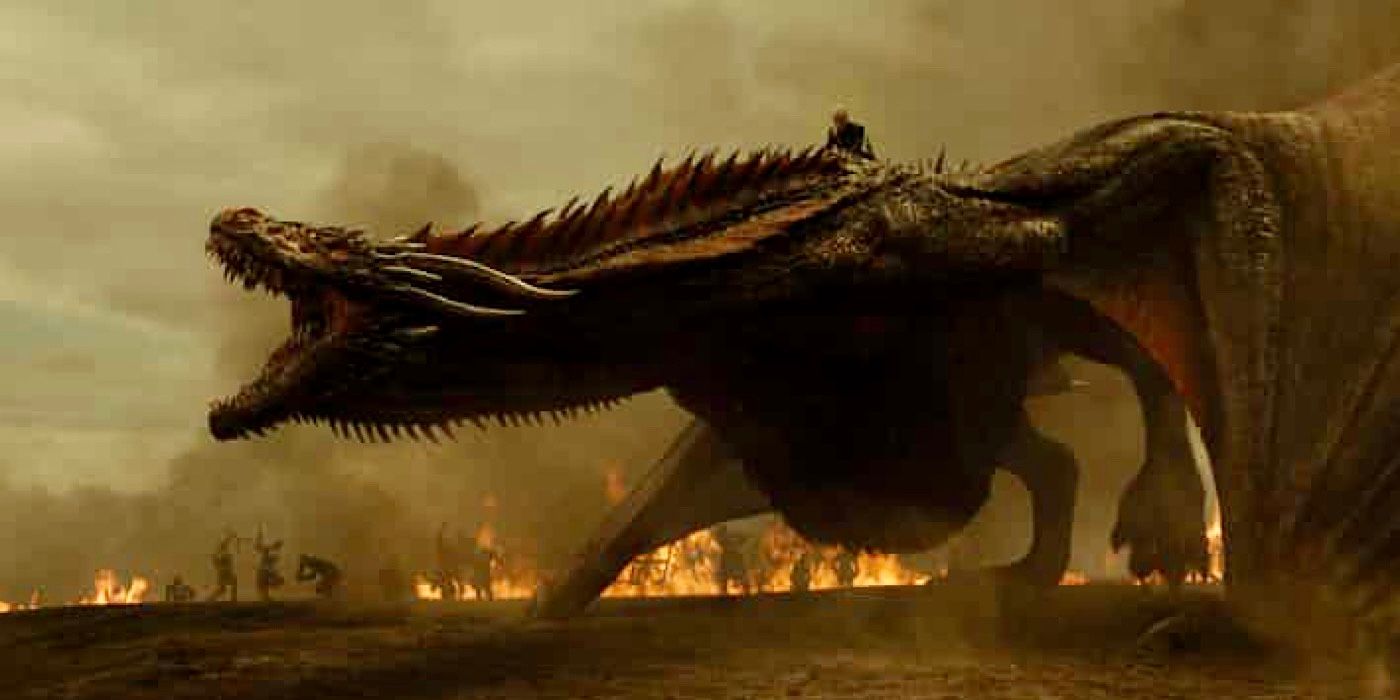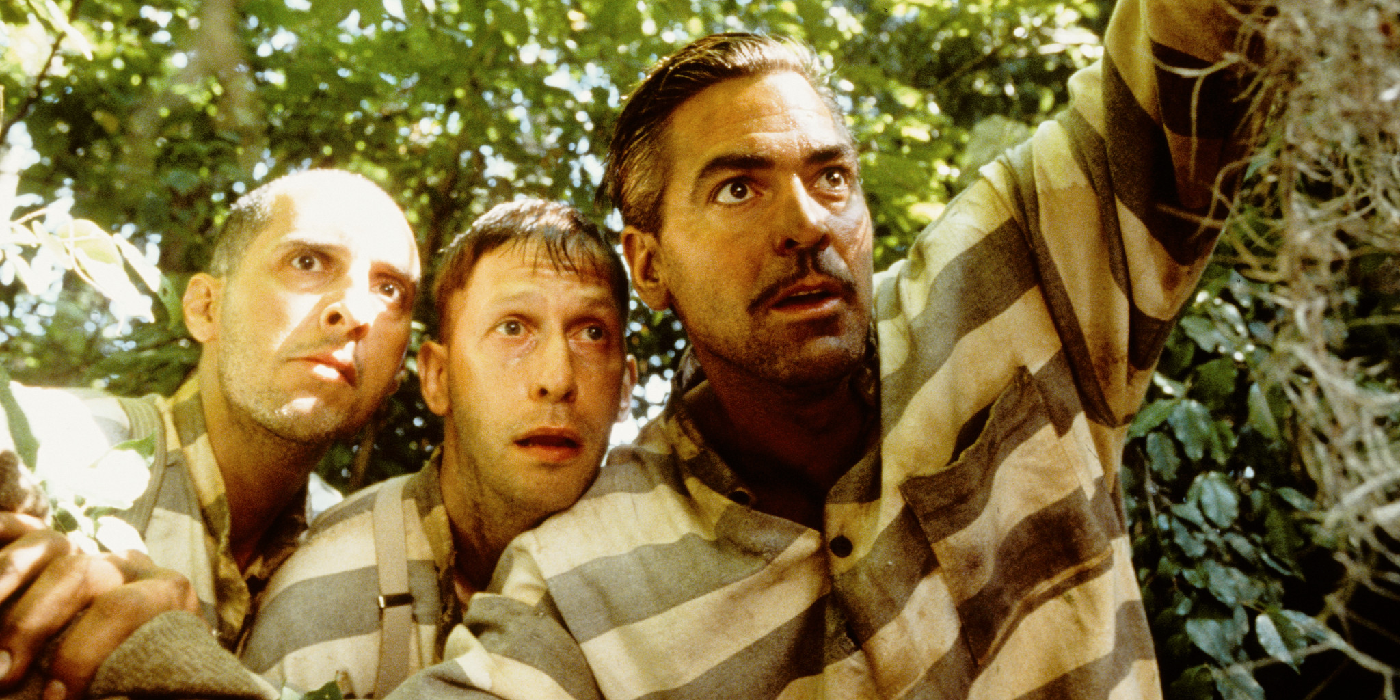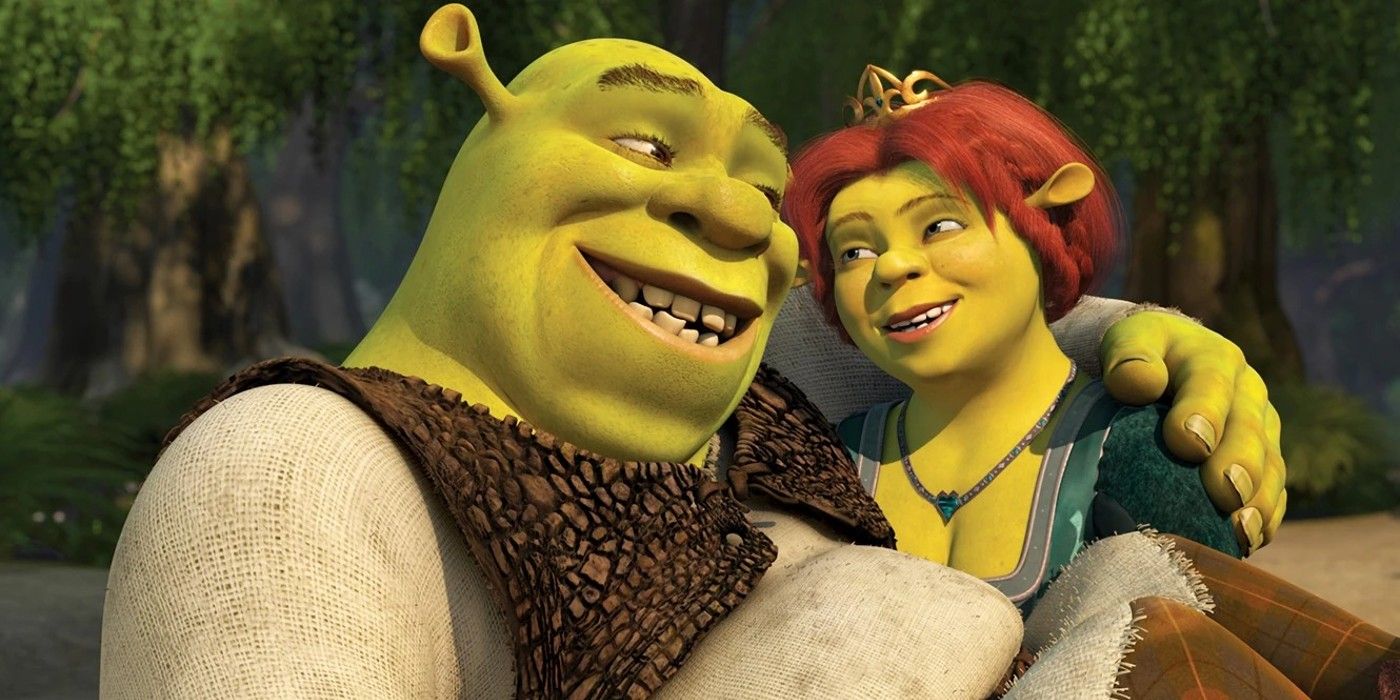
9 Brilliant Movie and TV Show Adaptations That Drastically Differ from Their Source Material

When books are adapted into movies and TV shows, they are often judged based on how accurately they translate the story from the page to the screen. However, some 'bad' adaptations can still be brilliant in their own right. Here are 9 examples of movie and TV show adaptations that differ drastically from their source material, yet are still brilliant in their own unique ways.
1. The Shining (1980)
Stanley Kubrick's adaptation of Stephen King's novel, The Shining, differs significantly from the source material, yet it remains a brilliant and iconic horror film. King was critical of the changes made to his novel, particularly in the portrayal of the character Jack, played by Jack Nicholson.
Jack Nicholson's Jack Torrance Knocking on the Door in The Shining
King wanted the malevolent forces in The Shining to represent an omnipotent evil, while Kubrick believed that the evil came from deep within Jack. Despite these differences, the visual style of the film has been praised, making it a standout adaptation in its own right.
2. World War Z (2013)
The film adaptation of Max Brooks' novel, World War Z, takes significant liberties with the source material, deviating from the slow-moving zombies described in the book to quick zombies with access to a hive mind. Additionally, the protagonist's character was invented for the adaptation, and the format of the novel was completely scrapped for the movie.
Woman zombie screaming with mouth wide open in World War Z
Despite these changes, World War Z remains a gripping and intense zombie horror film that captures the essence of apocalyptic storytelling in a unique and thrilling way.
3. Howl's Moving Castle (2004)
Hayao Miyazaki's adaptation of Diana Wynne Jones' novel, Howl's Moving Castle, diverges from the book in its portrayal of key characters and the focus on the war rather than Sophie's powers. However, the changes made for the movie help streamline the story without detracting from the magical intrigue, resulting in a captivating and enchanting animated film.
Howl's moving castle-1
Filled with fascinating characters and intangible magic, Howl's Moving Castle is a testament to the power of adaptation to create a unique and wondrous cinematic experience.
4. War Of The Worlds (2005)
Steven Spielberg's adaptation of H. G. Wells' classic novel, The War of the Worlds, updates the setting to reflect a sense of futuristic horror, moving the location of the story from London to New York. Despite these superficial changes, the film captures the spirit of the source material in a gripping and visually stunning portrayal of alien invasion.
The Martians attack in War of the Worlds
The 2005 adaptation is a prime example of how an adaptation can reimagine a timeless story while staying true to its core themes and essence.
5. Foundation (2021-)
The TV show adaptation of Isaac Asimov's Foundation novels introduces significant alterations to the characters and storylines, including gender-swapping key characters and building up the Emperor's lineage as a central focus. Despite these changes, Foundation still respects the themes and tone of Asimov's work, offering a compelling and thought-provoking sci-fi adaptation for a new generation.
Jared Harris as Hari Seldon Embracing Lou Llobell as Gaal Dornick in Foundation Season 2 Episode 10
With its futuristic vision and exploration of complex themes, Foundation showcases the transformative power of adaptation to bring timeless sci-fi literature to the small screen in innovative ways.
6. Willy Wonka & The Chocolate Factory (1971)
The big-screen adaptation of Roald Dahl's beloved children's novel, Charlie and the Chocolate Factory, takes creative liberties by focusing more on Willy Wonka than the protagonist, Charlie. Despite Dahl's initial distaste for the adaptation, Gene Wilder's portrayal of Wonka with subtle hidden pain adds a unique dimension to the character, making the movie a timeless and enchanting classic for audiences of all ages.
Willy Wonka speaking mischievously in Willy Wonka and the Chocolate Factory
Willy Wonka & The Chocolate Factory is a prime example of how an adaptation can forge its own unique story while retaining the magic and wonder of the original source material.
7. Game Of Thrones (2011-2019)
The TV series adaptation of George R. R. Martin's epic fantasy series, A Song of Ice and Fire, diverges from the novels in significant ways, including condensing character details, altering character fates, and creating its own storylines. Despite these changes, Game of Thrones captures the essence of Martin's world and delivers a gripping and visually stunning portrayal of political intrigue and epic battles on the small screen.
Daenerys riding her dragon Drogon in Game of Thrones.
With its sprawling narrative and complex characters, Game of Thrones demonstrates the power of adaptation to bring a rich and expansive fantasy world to life for audiences around the globe.
8. O Brother, Where Art Thou? (2000)
The film adaptation of Homer's epic poem, The Odyssey, takes a deliberately loose approach by setting the story in 1930s Missouri and incorporating a strong comedy cast. Despite the intentional deviations from the source material, O Brother, Where Art Thou? is a brilliant caper that pays homage to the timeless themes and narrative elements of The Odyssey while infusing it with humor and charm.
O Brother Where Art Thou movie still of the three main characters
With its unforgettable songs and captivating storytelling, O Brother, Where Art Thou? showcases the creative potential of adaptation to reimagine classic tales in unexpected and entertaining ways.
9. Shrek (2001)
The animated film adaptation of William Steig's picture book, Shrek!, undergoes a significant transformation in its storytelling, subverting fairy-tale tropes and creating a classic hero's journey for its titular character. Despite the departure from the original narrative, Shrek retains its comedic charm and endearing characters, offering a refreshing and entertaining take on traditional fairy-tale themes.
Shrek and Fiona embracing
With its humor and heartwarming message, Shrek demonstrates the power of adaptation to breathe new life into familiar stories and captivate audiences of all ages.
